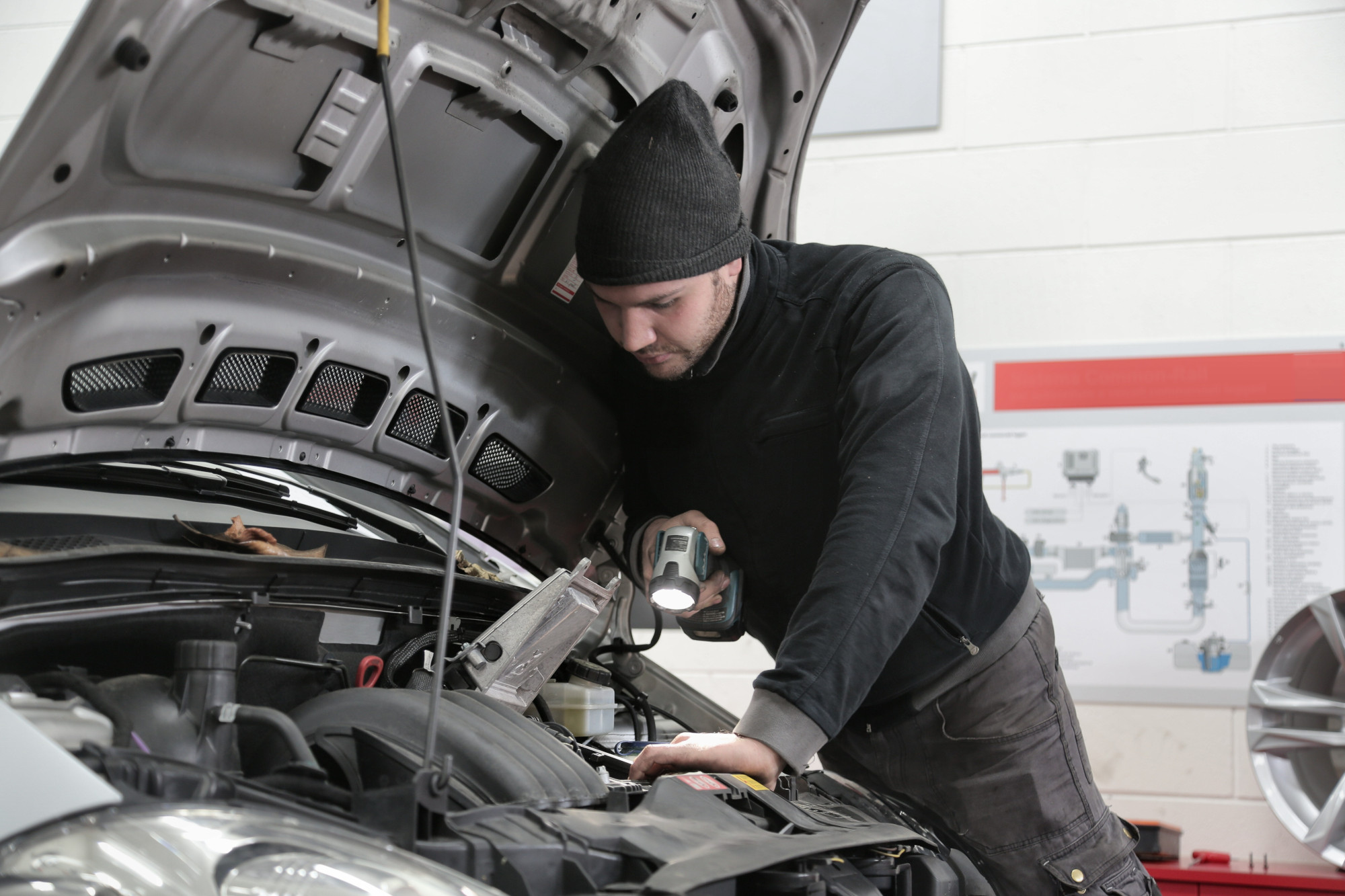To many, the ever-changing make-up of cities such as London, Manchester – or for that matter even Stoke-on-Trent – represent a joyous melting pot of culture, art and multiculturality. But they are also becoming increasingly expensive places to live, with everything, from rent to loaves of bread, seeming to cost just a little more than is comfortable. And with this economic load a constant reminder to be frugal, it can be quite tempting to look for areas to cut costs – such as on car servicing. I look after my car, the reasoning might go, so it won’t hurt to miss just one service. However, that’s flawed reasoning. Getting your car serviced should be seen as an investment: paying a little money now to save future you from high car repair bills.
Let’s take a look at some more tips you should never miss for car servicing before you book your car servicing.
Regular Servicing is Key
Manufacturers recommend getting your car serviced every 12 months or every 12,000 miles, whichever comes first. This is because of all the consumable parts (air and oil filters, for example) which can degrade both with use and over time; but it is also as something of a ‘medical check-up’ for your car, to make sure there are no small problems which might, with time, grow into large issues without prompt attention.
Team your service with your MOT
Once your car is three years old, it will legally need to have an MOT certificate to prove its roadworthiness. This means that you will have to book and take an MOT test every year. Booking your annual service to coincide with your MOT is a great way to make sure that your car is in tip-top condition before the MOT test as the mechanic can check it out, and fix up any small issues that might have earned you advisory warnings on your MOT. While your car servicing is not a legal requirement, the MOT is, and combining the two can make your life much easier as well as giving you peace of mind that your car is as safe and sound as it can be. You can also book your car servicing in London with DAT Tyres’ local garages. Their experienced technicians ensure all cars meet manufacturer standards: book online today.
Keep a logbook
When you want to sell your car, having a carefully maintained logbook is almost as important as having a well-serviced car. Your logbook is your proof that you have had your car serviced regularly, and it allows prospective buyers to see that you are a careful and conscientious driver. If they are considering your car amongst several others, the sight of your immaculate logbook could provide the extra persuasion they require to meet your asking price.
Know the different types of service
Services fall into three categories, although most drivers with a relatively short daily commute will only have a full service once a year. But for drivers who cover a lot of miles, or who have to use rough or poorly maintained roads frequently, the other categories of service might come into play.
Interim Service: These services are usually done six-monthly, between major or full services, to ensure that the car is still in good condition, on vehicles with high mileage or heavy use. The oil filter will be changed, and the oil drained and replaced. While this is ongoing, the mechanism will visually assess the condition of the engine, letting you know if there are any issues beginning to make themselves known.
Major Service: Air and fuel filters are changed, and if your car’s ventilation system has consumable filters, these will be changed too. The mechanic will visually assess more of the vehicle to make sure everything is as it should be, once again alerting you to any potential problems.
Full Service: The car is completely checked out; fluids such as brake fluid; coolant and hydraulic fluid are drained and replaced, and petrol cars will benefit from new spark plugs, as well as all the items in the above descriptions.
Once you know what each descriptor means, you will be able to let your mechanic know what kind of service your car needs.








